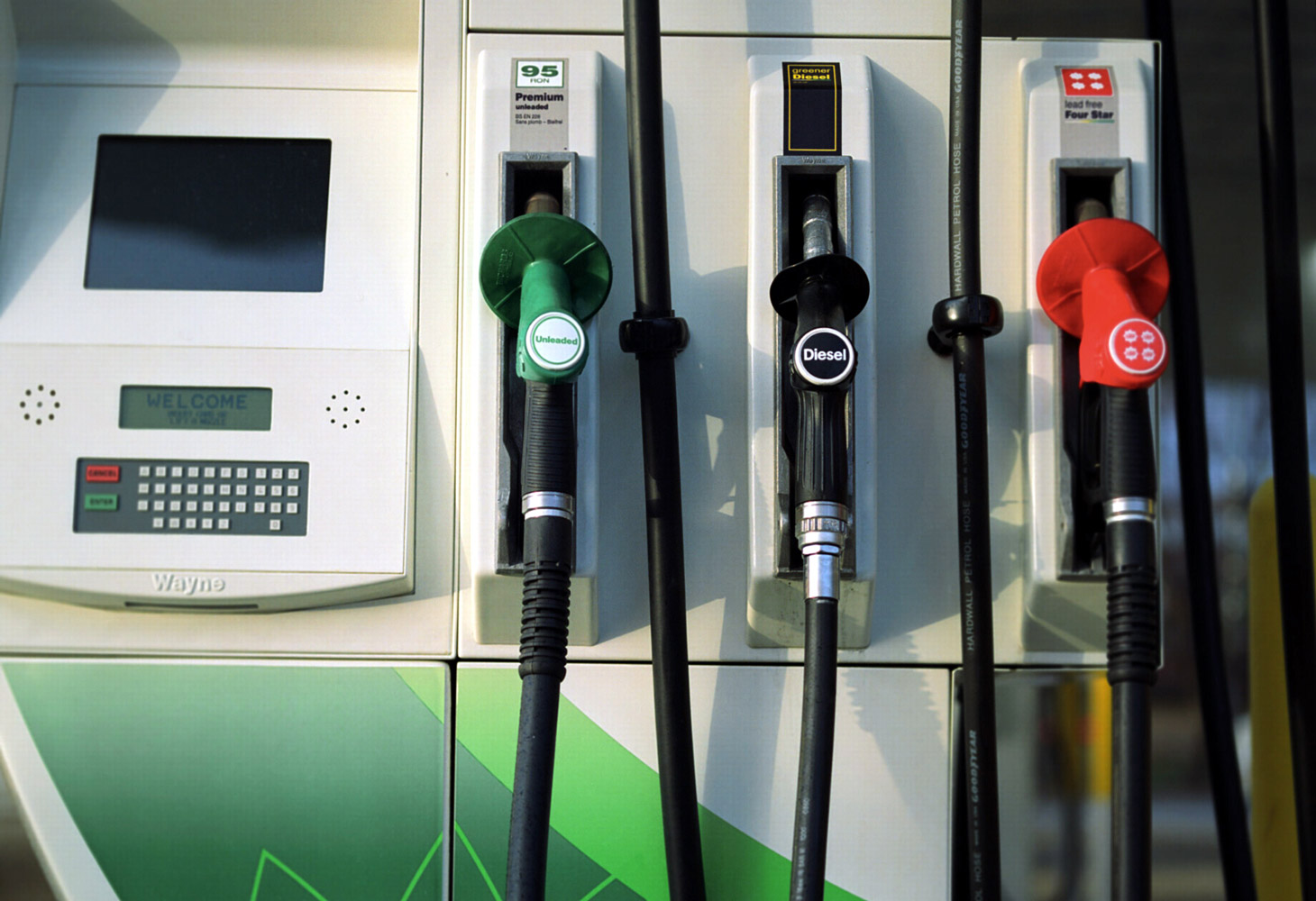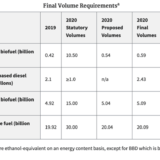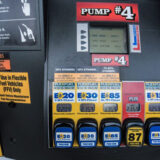
API welcomes U.S. EPA’s final rule streamlining fuel quality regs
The American Petroleum Institute (API) welcomed the release of the U.S. Environmental Protection Agency’s (EPA) final Fuels Regulatory Streamlining Rule. This final action streamlines and modernises the U.S. federal government’s existing fuel quality regulations.
API represents all segments of America’s oil and natural gas industry, with more than 600 members producing, processing and distributing most of the nation’s energy.
The purpose of this action is to update EPA’s existing gasoline, diesel, and other fuel quality regulations to help reduce compliance costs for industry as well as EPA, while improving overall compliance assurance and maintaining environmental performance.
In this action, EPA has streamlined its existing fuel quality regulations in 40 CFR part 80 by deleting expired provisions and eliminating redundant compliance provisions (e.g., duplicative registration requirements that are required by every EPA fuels program).
The EPA has also removed unnecessary and out-of-date requirements, and replaced them with a single set of provisions and definitions in 40 CFR part 1090 that apply across all gasoline, diesel, and other fuel quality programs currently under 40 CFR part 80.
“We support EPA’s efforts to modernise its regulations while maintaining the stringency of existing environmental performance standards,” API Vice President of Downstream Policy Ron Chittim. “Removing outdated and duplicative regulations will strengthen oversight and accountability, provide needed certainty for the regulated community and make fuel distribution more efficient in the marketplace.”
The final rule provides an important update to EPA’s fuel quality regulations while maintaining the stringency of existing environmental standards, including:
- Removing outdated and duplicative gasoline and diesel fuel regulations and consolidating regulations for EPA’s various fuel programs into a set of rules for regulated entities.
- Establishing a vapor pressure limit to distinguish Reformulated Gasoline (RFG) in summer months. In the 25 years since the RFG program was created, new EPA programs have improved gasoline quality and environmental performance to the point that vapor pressure is the only characteristic that distinguishes RFG and non-RFG gasoline in summer months.
- Removing location specific gasoline distribution requirements in the non-summer seasons by formally acknowledging all winter gasoline meets Reformulated Gasoline (RFG) standards.
- Establishing the National Fuel Sampling Program that will monitor the quality of motor fuels distributed at gasoline stations and ensure they meet the same strict environmental performance standards required as when those fuels left the refinery.
You can download a copy of the final rule by clicking this link.










